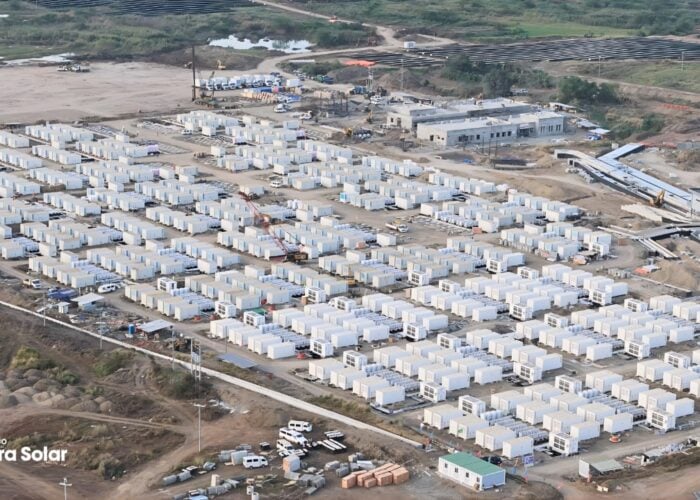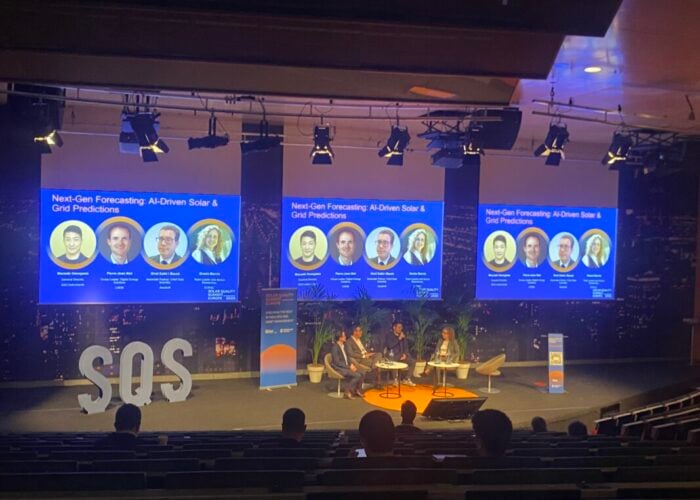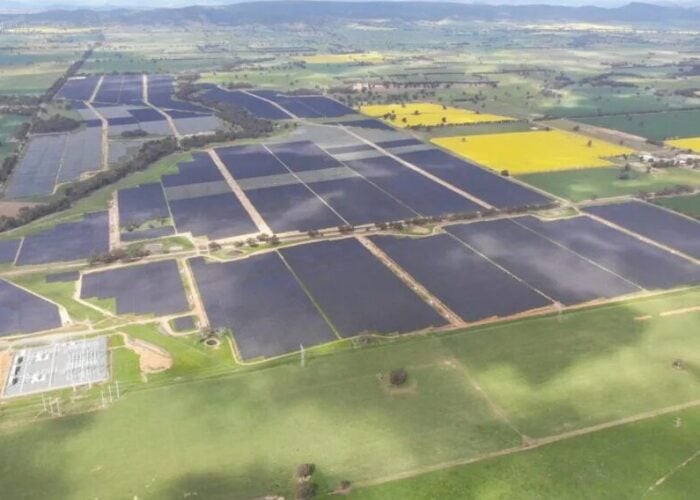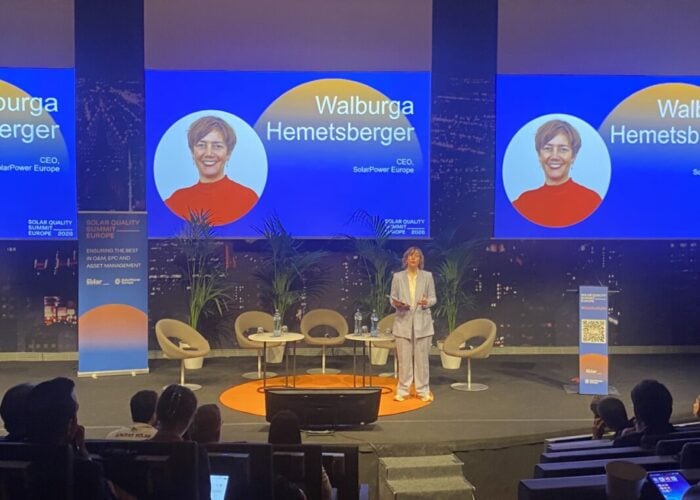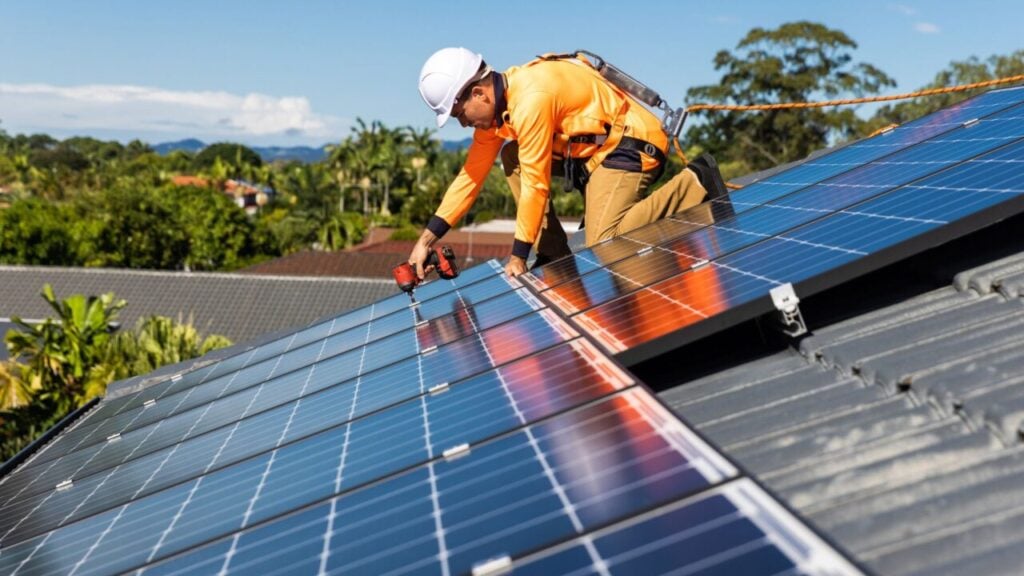
Australia’s Solar Energy Industries Association (SEIA) has called on Australia’s climate change and energy minister, Chris Bowen, to “urgently intervene” on a rule change that could threaten to derail the uptake of rooftop solar PV.
Under the new rule change, effective 1 July 2025, the same day the federal government launches its AU$2.3 billion (US$1.49 billion) Cheaper Home Batteries Program, some accredited solar and energy storage specialists will be prevented from working alongside licensed electricians.
Try Premium for just $1
- Full premium access for the first month at only $1
- Converts to an annual rate after 30 days unless cancelled
- Cancel anytime during the trial period
Premium Benefits
- Expert industry analysis and interviews
- Digital access to PV Tech Power journal
- Exclusive event discounts
Or get the full Premium subscription right away
Or continue reading this article for free
Specifically, the design and supervision accreditation is being removed from Australia’s Solar Accreditation Australia (SAA) scheme, which could put “thousands of jobs at risk”, the SEIA said, particularly industry veterans.
Indeed, the organisation said the rule change predominantly affects solar veterans who have been designing and installing solar and energy storage technology under legacy accreditation without requiring AC electrical licenses, provided they partnered with an electrical contractor to sign off on a handful of aspects of their work.
Acquiring these AC electrical licences, which will now be required under the rule change, often takes around four years to secure. This could be a significant barrier for industry veterans and block them from supporting the energy transition.
The SEIA also questioned the timing of such a rule change, especially with the Cheaper Home Batteries Program, which is set to turn Australia into a “red-hot market for battery energy storage systems (BESS)” and could see an expected 400% growth in the need for tradesmen.
“Shutting down hundreds of specialist businesses just as the rebate starts and needs experienced professionals is ludicrous, especially as there is already a massive shortage in accredited installers with battery installation experience,” said Thomas Bywater, national chairman of the SEIA.
“It needlessly increases risks using less experienced installers and could affect 2,000 staff and AU$300 million of business. It threatens the success of the government’s own battery rollout.”
Australia’s rooftop solar PV uptake has been one of the primary success stories regarding its energy transition. Earlier this year, it surpassed the 25GW milestone, higher than the country’s operational coal generators.
Earlier this week, PV Tech Premium released its latest National Electricity Market (NEM) data dive, exploring utility-scale and rooftop solar PV generation across May 2025.


